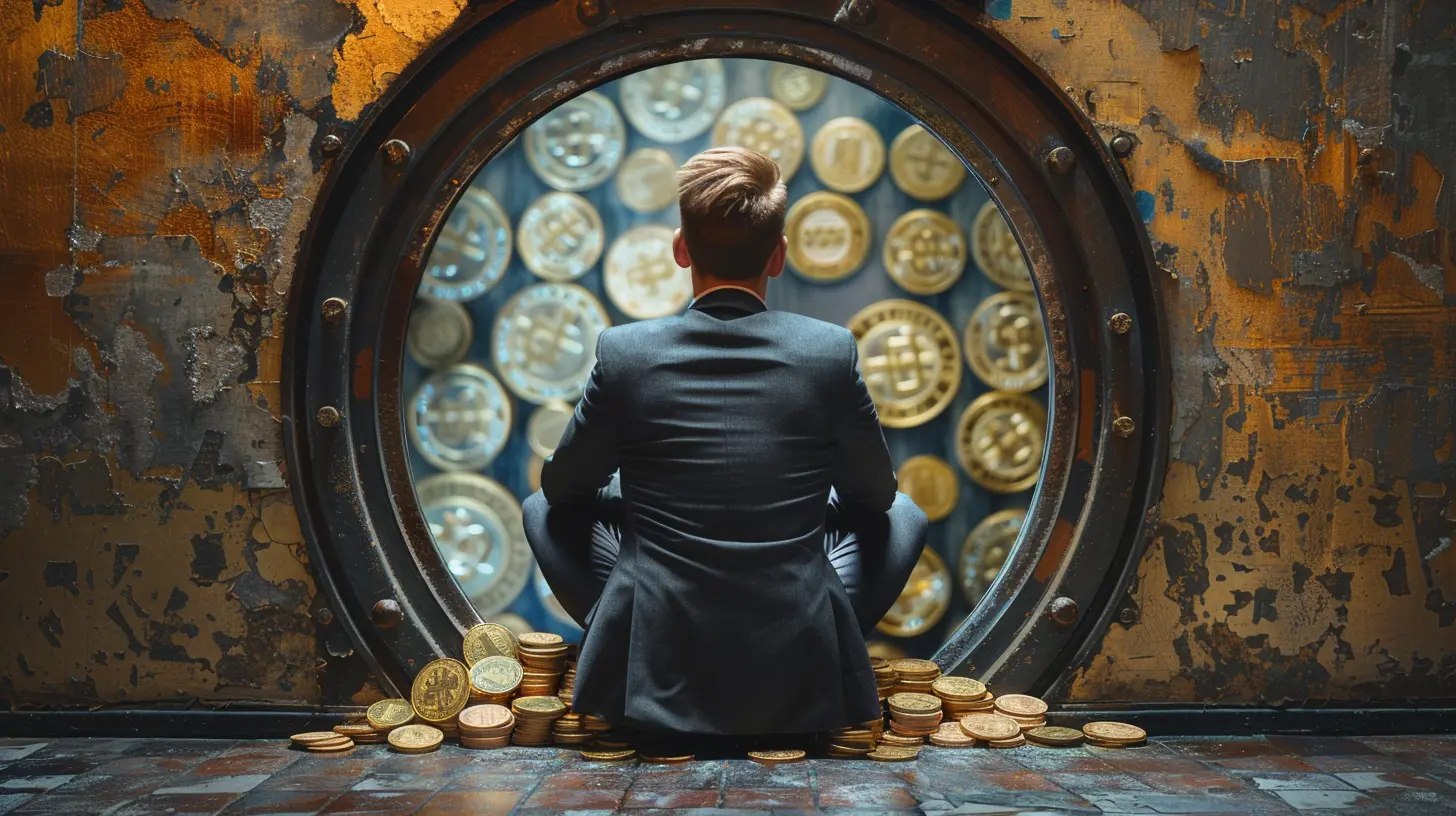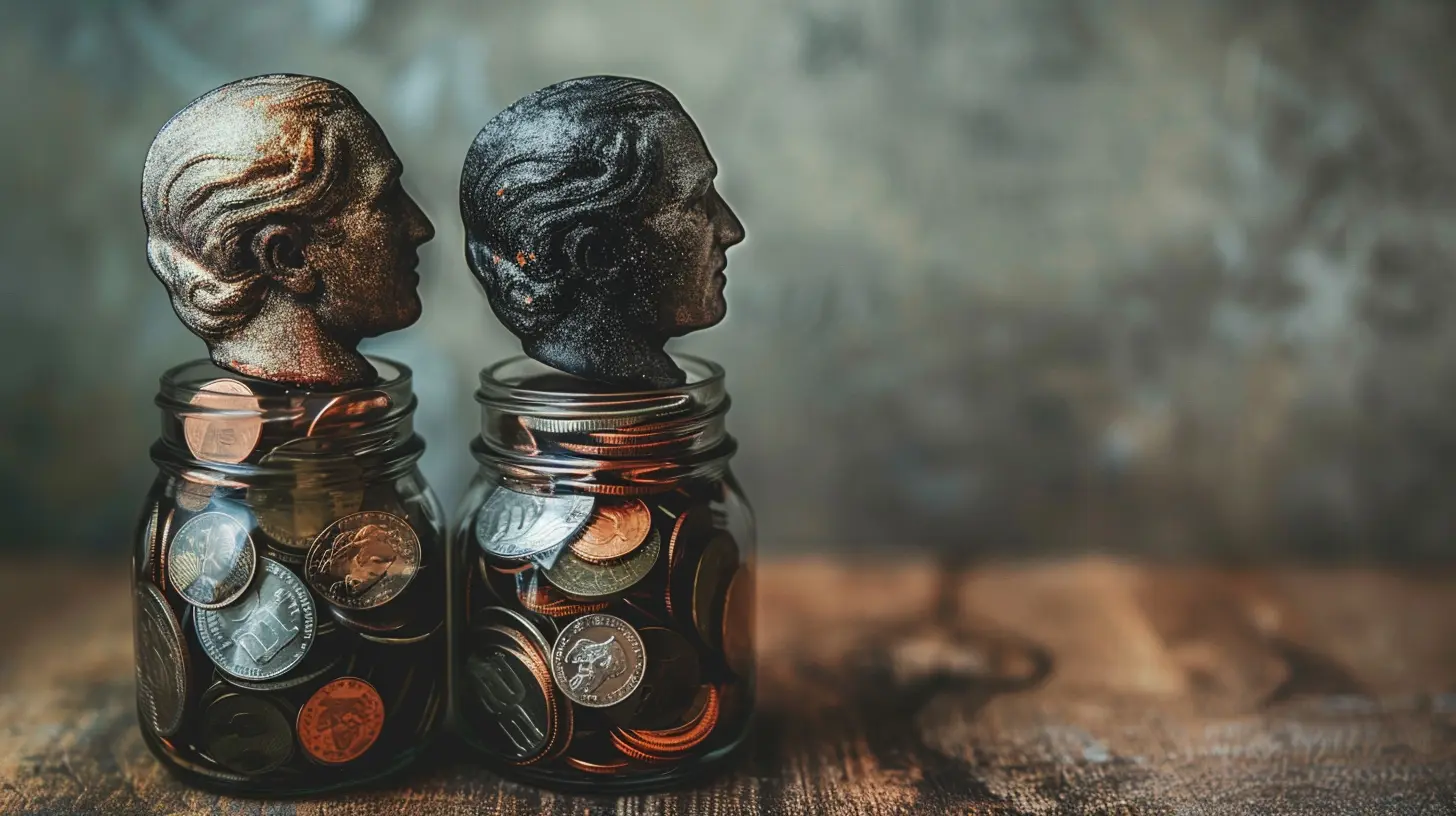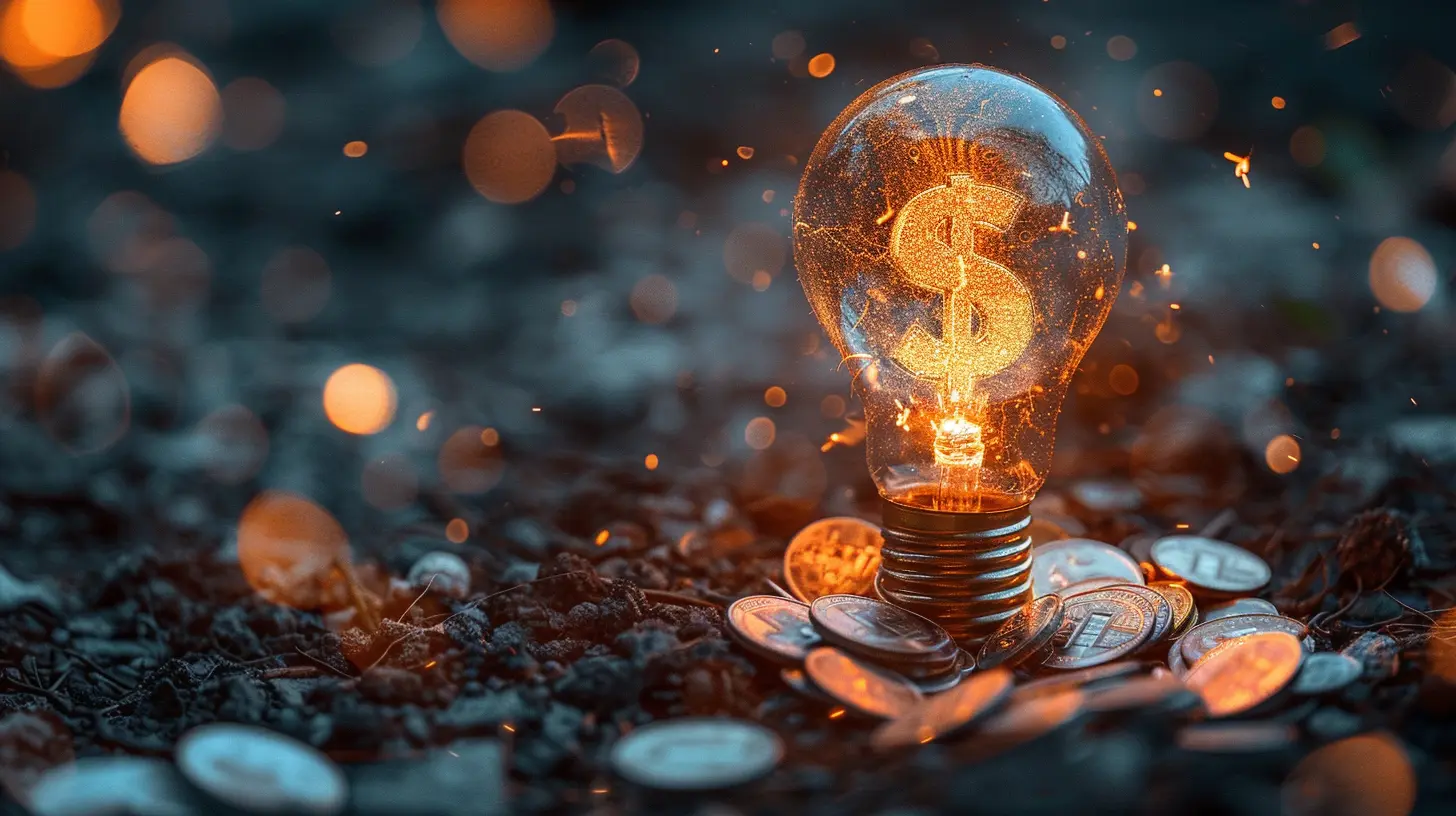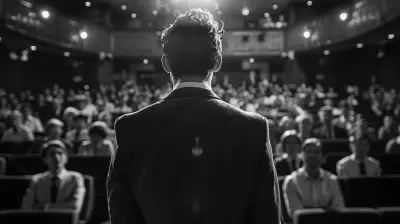The Endowment Effect: Why We Overvalue What We Own
3 October 2025
Have you ever tried selling something—maybe a used car or an old piece of furniture—only to find yourself shocked at how little people are willing to pay for it? You might think, "This is worth way more than that!" But is it really? Or are you just falling victim to a psychological quirk known as the Endowment Effect?
This fascinating cognitive bias explains why we tend to overvalue things simply because we own them. It affects everything from the way we price our possessions to our decision-making in business, relationships, and even investing. Let’s dive into why this happens and how it shapes our choices more than we realize. 
What Is the Endowment Effect?
The Endowment Effect is a psychological phenomenon where people assign more value to things simply because they own them. It’s as if ownership itself boosts an item’s worth in our minds.This bias was first formally studied by economist Richard Thaler in the 1980s. He found that people often demand much more money to sell an item they own than they would be willing to pay to acquire it in the first place. This contradicts traditional economic theory, which assumes that we should value things more rationally.
Essentially, we become emotionally attached to our stuff, and that attachment inflates its worth—at least in our own minds. 
How the Endowment Effect Works in Everyday Life
You might think, "I’m not irrational. I wouldn’t fall for this!" But the truth is, the Endowment Effect sneaks into our lives more often than we’d like to admit.1. Selling Our Own Stuff for Too Much
Ever tried selling your old smartphone? You look at it and remember how much you paid, how well it’s served you, and how it’s still "pretty much new." But when potential buyers offer way less than what you expect, you’re outraged.The reality? Buyers don’t share your emotional attachment. To them, it’s just a second-hand phone. But to you, it’s your phone—so it feels worth more.
2. Hoarding Things We Don’t Need
Ever kept old clothes, books, or furniture just because "it’s mine"? Even if we never use something, we struggle to part with it because we unconsciously equate ownership with value. This is why decluttering can be so mentally exhausting!3. The Difficulty of Parting with Investments
Investors often fall into this trap too. If you buy a stock and later realize it was a bad decision, you might refuse to sell it at a loss because "it's your stock now." This is a textbook example of the Endowment Effect leading to poor financial decisions.4. Why Free Trials Work So Well
Ever noticed how companies offer free trials? Whether it’s Netflix, gym memberships, or software subscriptions, the idea is simple: once you own the experience, you’ll value it more and be less likely to cancel. This is the Endowment Effect in action.
Why Do We Overvalue What We Own?
Psychologists believe several deep-rooted psychological mechanisms drive the Endowment Effect. Here are some theories:1. Loss Aversion: We Hate Losing More Than We Love Gaining
One reason we overvalue our possessions is loss aversion. According to behavioral economics, the pain of losing something is psychologically twice as powerful as the pleasure of gaining something of equal value.So, when we think about selling something we own, we subconsciously feel like we're "losing" it—and that loss simply feels too costly.
2. Psychological Ownership: It Feels Like a Part of Us
When we own something, it becomes part of our identity. This is why people can get weirdly sentimental about things like an old t-shirt or a cheap coffee mug. It’s not about the item itself—it’s about what it represents.This effect is even stronger if we had to put effort into acquiring or maintaining the item. Think about how much more you cherish a project you worked hard on compared to something you got for free.
3. Status and Sentimentality
Sometimes, the Endowment Effect is tied to what an object symbolizes. Maybe your old car isn’t just a mode of transportation—it represents your first big purchase, all the road trips you've taken, and the memories you’ve made. To you, it’s priceless. To a buyer? Just another used car.
How to Overcome the Endowment Effect
The Endowment Effect can lead us to make irrational decisions, from overpricing items to holding onto things we should let go of. Luckily, there are ways to fight back against this mental trap.1. Pretend It's Someone Else’s
One trick to counter the Endowment Effect is to ask yourself: "If this belonged to someone else, how much would I be willing to pay for it?" This simple mental shift helps you view the item more objectively.2. Get a Second Opinion
If you’re selling something and struggling to price it objectively, ask a friend for their honest opinion. They aren’t emotionally attached, so they can give you a realistic estimate.3. Imagine You’re Buying It Again
Would you pay the same price to buy the thing you’re holding onto? If not, it might mean you’re overvaluing it simply because you already own it.4. Recognize the Power of Loss Aversion
Just being aware of how our brains trick us can help us make better decisions. When you catch yourself hesitating to let go of something, ask yourself: Am I holding onto this because it’s valuable, or because I just don’t want to lose it?5. Use the "One-Year Rule"
Haven’t used an item in a year? Chances are, you never will. The Endowment Effect keeps us holding onto things we don’t need, but being honest about actual usage can help break that cycle.Final Thoughts
The Endowment Effect is a sneaky little bias that makes us overvalue our possessions simply because we own them. From selling a used item to making investment decisions, this psychological quirk affects us in ways we often don’t realize.But once you understand how it works, you can start making more rational decisions. Whether you’re decluttering, pricing something to sell, or making a big financial choice, keeping the Endowment Effect in mind can help you let go of what's holding you back—literally and figuratively.
So next time you struggle to part with something, ask yourself: *Do I love this thing? Or do I just love that it’s mine?
all images in this post were generated using AI tools
Category:
Psychological BiasAuthor:

Matilda Whitley
Discussion
rate this article
1 comments
Zaid McKinnon
The Endowment Effect highlights our cognitive bias where ownership inflates perceived value, impacting decision-making. This psychological phenomenon underscores the importance of awareness in negotiations and consumer behavior, shedding light on irrational attachment to possessions.
October 3, 2025 at 4:32 PM

Matilda Whitley
Thank you for highlighting the significance of the Endowment Effect! Your insights on its impact on decision-making and negotiations are spot on. Awareness of this bias is crucial for better consumer choices.


